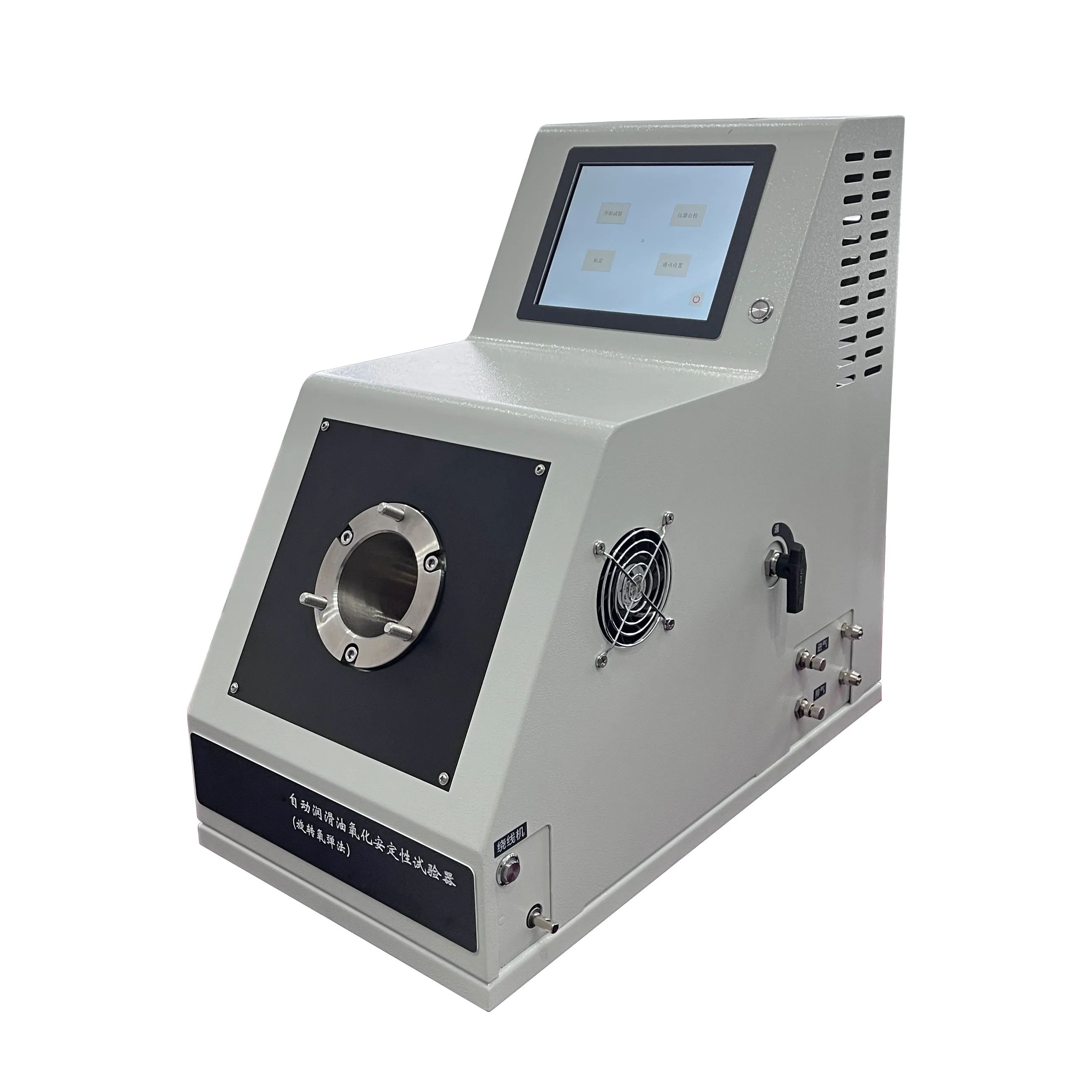 English
English



-
 Afrikaans
Afrikaans -
 Albanian
Albanian -
 Amharic
Amharic -
 Arabic
Arabic -
 Armenian
Armenian -
 Azerbaijani
Azerbaijani -
 Basque
Basque -
 Belarusian
Belarusian -
 Bengali
Bengali -
 Bosnian
Bosnian -
 Bulgarian
Bulgarian -
 Catalan
Catalan -
 Cebuano
Cebuano -
 China
China -
 China (Taiwan)
China (Taiwan) -
 Corsican
Corsican -
 Croatian
Croatian -
 Czech
Czech -
 Danish
Danish -
 Dutch
Dutch -
 English
English -
 Esperanto
Esperanto -
 Estonian
Estonian -
 Finnish
Finnish -
 French
French -
 Frisian
Frisian -
 Galician
Galician -
 Georgian
Georgian -
 German
German -
 Greek
Greek -
 Gujarati
Gujarati -
 Haitian Creole
Haitian Creole -
 hausa
hausa -
 hawaiian
hawaiian -
 Hebrew
Hebrew -
 Hindi
Hindi -
 Miao
Miao -
 Hungarian
Hungarian -
 Icelandic
Icelandic -
 igbo
igbo -
 Indonesian
Indonesian -
 irish
irish -
 Italian
Italian -
 Japanese
Japanese -
 Javanese
Javanese -
 Kannada
Kannada -
 kazakh
kazakh -
 Khmer
Khmer -
 Rwandese
Rwandese -
 Korean
Korean -
 Kurdish
Kurdish -
 Kyrgyz
Kyrgyz -
 Lao
Lao -
 Latin
Latin -
 Latvian
Latvian -
 Lithuanian
Lithuanian -
 Luxembourgish
Luxembourgish -
 Macedonian
Macedonian -
 Malgashi
Malgashi -
 Malay
Malay -
 Malayalam
Malayalam -
 Maltese
Maltese -
 Maori
Maori -
 Marathi
Marathi -
 Mongolian
Mongolian -
 Myanmar
Myanmar -
 Nepali
Nepali -
 Norwegian
Norwegian -
 Norwegian
Norwegian -
 Occitan
Occitan -
 Pashto
Pashto -
 Persian
Persian -
 Polish
Polish -
 Portuguese
Portuguese -
 Punjabi
Punjabi -
 Romanian
Romanian -
 Russian
Russian -
 Samoan
Samoan -
 Scottish Gaelic
Scottish Gaelic -
 Serbian
Serbian -
 Sesotho
Sesotho -
 Shona
Shona -
 Sindhi
Sindhi -
 Sinhala
Sinhala -
 Slovak
Slovak -
 Slovenian
Slovenian -
 Somali
Somali -
 Spanish
Spanish -
 Sundanese
Sundanese -
 Swahili
Swahili -
 Swedish
Swedish -
 Tagalog
Tagalog -
 Tajik
Tajik -
 Tamil
Tamil -
 Tatar
Tatar -
 Telugu
Telugu -
 Thai
Thai -
 Turkish
Turkish -
 Turkmen
Turkmen -
 Ukrainian
Ukrainian -
 Urdu
Urdu -
 Uighur
Uighur -
 Uzbek
Uzbek -
 Vietnamese
Vietnamese -
 Welsh
Welsh -
 Bantu
Bantu -
 Yiddish
Yiddish -
 Yoruba
Yoruba -
 Zulu
Zulu
Automated Extraction of Knowledge for Efficient Distillation Processes and Techniques
Automated Distillation Revolutionizing the Separation Process
In the world of chemical engineering and industrial processes, distillation remains one of the most vital techniques for separating mixtures based on differences in their boiling points. However, traditional distillation methods often involve labor-intensive operations, require skilled personnel, and can be less efficient. Enter automated distillation, a groundbreaking approach that leverages technology to enhance the efficiency, precision, and safety of the distillation process.
Automated distillation systems utilize advanced technologies such as artificial intelligence, robotics, and real-time monitoring to streamline the distillation process. By integrating automation into distillation, industries can significantly reduce human intervention, which not only minimizes the risk of human error but also reduces labor costs. This transition towards automation is particularly important in sectors such as petrochemicals, pharmaceuticals, and food and beverage industries, where precision and efficiency are paramount.
One of the core benefits of automated distillation is its ability to optimize the separation process. Traditional distillation setups often operate under fixed parameters, which can lead to inefficiencies and suboptimal outcomes. Automated systems, on the other hand, are capable of making real-time adjustments based on feedback from various sensors that monitor temperature, pressure, and concentration levels. This dynamic capability enables the system to adapt to changing conditions, ensuring that the separation process maintains maximum efficiency throughout its operation.
Moreover, the integration of artificial intelligence (AI) into automated distillation systems can enhance decision-making processes. Machine learning algorithms can analyze historical data and predict optimal operating conditions, which not only improves the yield but also minimizes energy consumption. The ability to foresee and mitigate potential issues before they escalate allows for smoother operations and reduced downtime, ultimately leading to increased productivity.
automated distillation

Safety is another paramount concern in chemical operations. Automated distillation systems can be equipped with fail-safe mechanisms and emergency shut-off protocols that significantly enhance workplace safety. By reducing the need for human presence in potentially hazardous environments, these systems protect workers from exposure to harmful substances and reduce the likelihood of accidents.
Data analytics plays a crucial role in the modern landscape of automated distillation. With the rise of the Internet of Things (IoT), distillation units can be connected to centralized monitoring systems that provide detailed insights and performance metrics. Operators can access real-time data from remote locations, allowing for proactive management of the distillation process. This level of transparency fosters continuous improvement, as companies can assess the efficiency of their systems and make data-driven decisions to enhance performance.
The environmental impact of distillation processes cannot be overlooked. Traditional methods often lead to significant energy consumption and waste generation. Automated distillation seeks to address these concerns by optimizing energy usage through precise control of heating and cooling processes. By achieving higher purity levels in fewer cycles, automated systems can reduce waste and conserve valuable resources, thereby contributing to more sustainable industrial practices.
As industries continue to push for greater efficiencies and sustainability, the adoption of automated distillation systems is likely to accelerate. The technology not only promises improvements in operational efficiency and safety but also aligns with the global shift towards more sustainable and environmentally-friendly practices.
In conclusion, automated distillation represents a significant advancement in the field of separation processes. By leveraging automation, AI, and data analytics, industries can achieve unparalleled efficiency, safety, and environmental sustainability. As technology continues to evolve, the potential for automated distillation to transform sectors ranging from petrochemicals to pharmaceuticals is immense. As we look to the future, embracing these innovations will be key to meeting the challenges of production efficiency and sustainability.
-
Exploring the Main Types of Industrial Endoscopes and Their Applications Across IndustriesNewsJul.04,2025
-
Testing Equipment Industry Sees Major Advancements in 2025: Smart & Precision Technologies Lead the WayNewsJun.06,2025
-
Applications of Direct Current Generators in Renewable Energy SystemsNewsJun.05,2025
-
Hipot Tester Calibration and Accuracy GuidelinesNewsJun.05,2025
-
Digital Circuit Breaker Analyzer Features and BenefitsNewsJun.05,2025
-
Benefits of Real-Time Power Quality Monitoring Devices for Industrial EfficiencyNewsJun.05,2025



